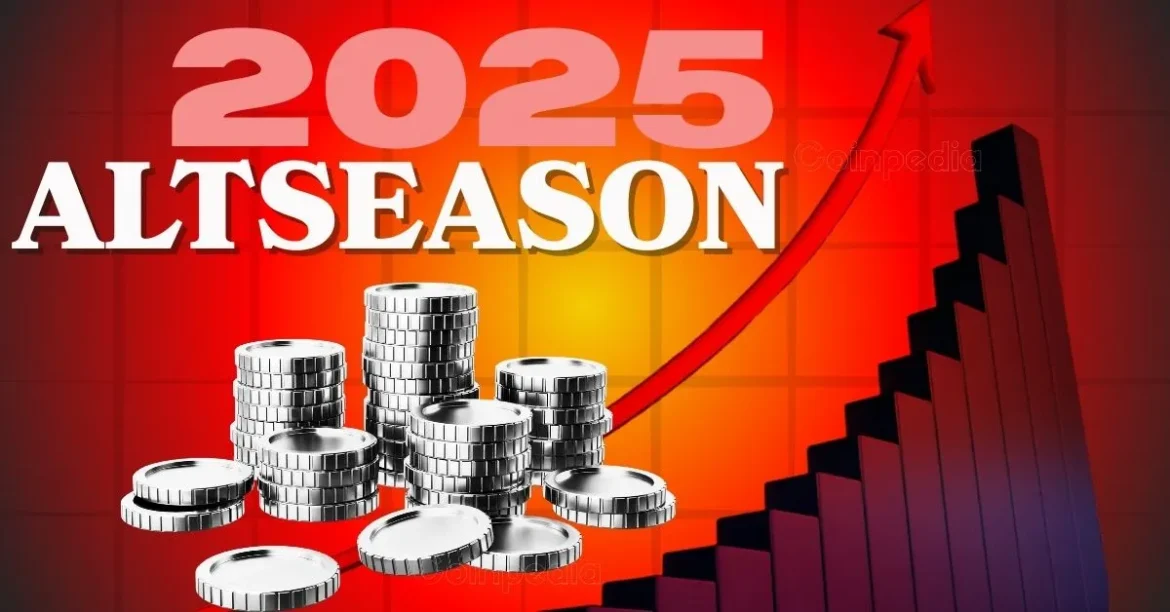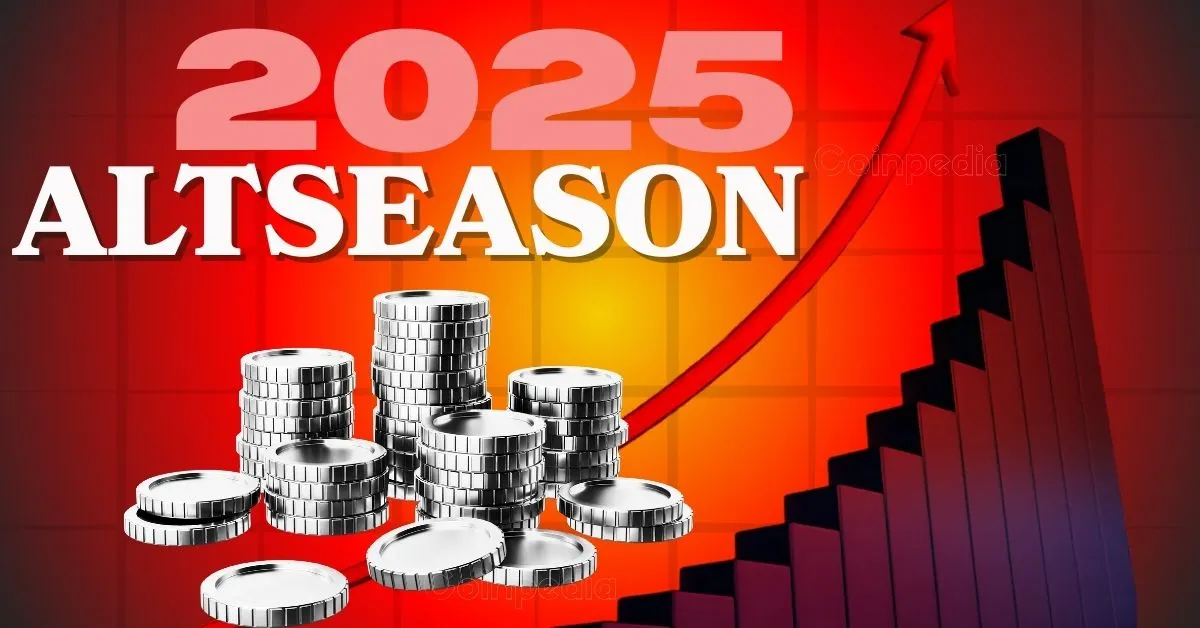The cryptocurrency market is experiencing a transformative phase, with the recent approvals of Bitcoin and Ethereum spot ETFs setting a precedent for the broader crypto industry. The success of these ETFs has not only provided traditional investors with regulated access to digital assets but has also sparked discussions about the potential for altcoin ETFs. Among the altcoins gaining traction in this context are Solana (SOL), Dogecoin (DOGE), and XRP. The anticipation surrounding the possible approval of ETFs for these cryptocurrencies has raised questions about whether this could trigger an altcoin season, driving growth and adoption across the market.
The approval of Bitcoin and Ethereum ETFs marked a significant milestone for the crypto industry. These ETFs offered traditional investors a regulated and accessible way to gain exposure to digital assets without directly holding them. The influx of institutional capital has had a profound impact on the market, driving prices up and increasing overall market legitimacy. Now, the focus is on whether this success can be replicated with altcoins. The race to launch altcoin ETFs is heating up, with Solana, Dogecoin, and XRP emerging as frontrunners. Several factors contribute to their prominence, including market capitalization and liquidity, community support, and unique use cases.
Solana has quickly gained recognition as a high-performance blockchain, boasting impressive transaction speeds and low fees. Its innovative architecture and growing ecosystem of decentralized finance (DeFi) and non-fungible token (NFT) projects have attracted significant attention from both retail and institutional investors. A Solana ETF would provide investors with exposure to this rapidly growing ecosystem. The potential benefits include exposure to DeFi and NFTs, high growth potential, and institutional adoption. Solana’s technology and adoption rate suggest significant growth potential, making it an appealing long-term investment. A Solana ETF would further legitimize the platform and attract institutional investors seeking exposure to high-growth blockchain technologies.
Dogecoin, originally created as a lighthearted joke, has defied expectations to become one of the most popular cryptocurrencies in the world. Fueled by a vibrant online community and celebrity endorsements, Dogecoin has captured the attention of mainstream audiences. A Dogecoin ETF, while initially met with skepticism by some, could have a surprising impact on the market. Dogecoin’s popularity among retail investors could drive significant demand for a Dogecoin ETF. An ETF could further legitimize Dogecoin and encourage broader adoption of cryptocurrencies among the general public. A Dogecoin ETF could pave the way for other meme coins to enter the ETF market, further diversifying investment options.
XRP, the cryptocurrency associated with Ripple Labs, aims to facilitate cross-border payments and provide efficient solutions for financial institutions. While facing regulatory challenges in the past, XRP remains a prominent player in the cryptocurrency market. An XRP ETF could appeal to investors interested in the potential of blockchain technology to revolutionize the financial industry. XRP’s focus on cross-border payments could attract investors seeking exposure to this growing market. Ripple’s partnerships with financial institutions could provide a competitive edge in the ETF market. As regulatory clarity surrounding XRP evolves, an ETF could provide investors with a more regulated and accessible way to invest in the cryptocurrency.
While the prospect of altcoin ETFs is exciting, several hurdles remain. The Securities and Exchange Commission (SEC) has historically taken a cautious approach to approving crypto-related investment products, citing concerns about market manipulation, investor protection, and regulatory uncertainty. However, the approval of Bitcoin and Ethereum ETFs suggests a potential shift in the SEC’s stance. The key factors that could influence the approval of altcoin ETFs include regulatory clarity, market surveillance, and custody solutions. Clearer regulatory guidelines for cryptocurrencies would increase the likelihood of ETF approvals. Robust market surveillance mechanisms to prevent manipulation are essential for SEC approval. Secure and reliable custody solutions for altcoins are crucial for protecting investor assets.
Despite these challenges, the potential benefits of altcoin ETFs are significant. Increased institutional adoption, greater market liquidity, and enhanced investor access could drive prices up and legitimize the broader cryptocurrency market. While the approval of Solana, Dogecoin, and XRP ETFs could undoubtedly serve as a catalyst for an altcoin season, it is important to recognize that other factors also play a crucial role. These include technological advancements, market sentiment, and macroeconomic factors. Breakthroughs in blockchain technology and the development of innovative decentralized applications can drive investor interest in altcoins. Overall market sentiment and investor confidence can significantly impact the performance of altcoins. Economic conditions, such as inflation and interest rates, can influence investor decisions and the flow of capital into the cryptocurrency market.
The potential for altcoin ETFs to spark a new era of growth and adoption for the broader crypto market is undeniable. While challenges remain, the momentum is building, and the industry is eagerly awaiting the SEC’s decision. Whether or not the approval of Solana, Dogecoin, and XRP ETFs will truly ignite a full-blown altcoin season remains to be seen. However, one thing is certain: the cryptocurrency market is evolving rapidly, and the introduction of new investment products like ETFs is transforming the way investors access and interact with this exciting asset class. The coming months will be pivotal in determining the future of altcoins and their role in the global financial landscape.





